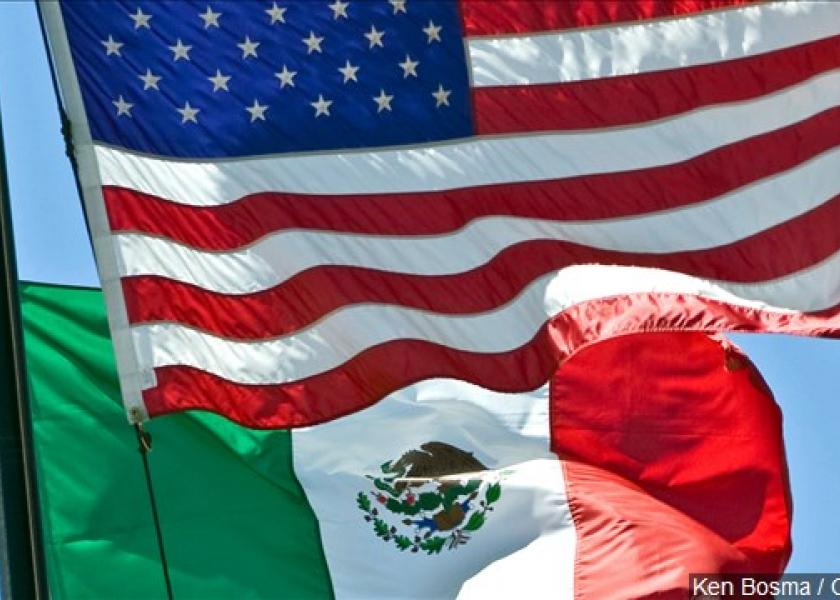Mexico’s protected agriculture growth harms Florida, study says

Ongoing investment in protected agriculture in Mexico will likely result in continued losses for the fruit and vegetable industry in Florida, according to a new report from the University of Florida.
Called the “Potential Economic Impacts in Florida of Increased Imports of Mexican Fruits and Vegetables,” the paper was published by The University of Florida’s Institute of Food and Agricultural Sciences. The study said that since the passage of the North American Free Trade Agreement in 1994, U.S. fruit and vegetable growers have faced increased competition from Mexico, greater domestic regulation and several hurricanes.
All of those factors contributed to significant increases in U.S. imports of fresh fruits and vegetables from Mexico, according to the study.
“The results of this analysis suggest that further increases in U.S. imports of fresh fruits and vegetables from Mexico will negatively impact tomato, strawberry, and bell pepper growers,” the study said.
Those three commodities were the focus of the study, but the authors said other Florida crops, including blueberries and cucumbers, face similar challenges.
Authors of the study were Alan Hodges, Christa Court, Rod Clouser, Lisa House, Zhengfei Guan, Feng Wu, Sheng Li and Tianyuan Luo.
The paper said that production area of protected agriculture In Mexico grew from about 1,950 acres in 2000 to nearly 101,000 acres by 2016.
With that trend of increasing investment, the authors said Florida’s economy and its fruit and vegetable growers will lose out.
“The continuation of these trends will likely result in continued losses for the fruit and vegetable industry (and overall economy) in Florida,” the study said.
The study found that, between 2010 and 2018, imports of tomatoes, strawberries, blueberries, and bell peppers increased from 1.75 to 2.32 million metric tons. That represents a 33% overall increase, including 23% for tomatoes, 56% for bell peppers, 79% for strawberries, and a 34-fold increase for blueberries, according to the study.
The study found imports of fresh tomatoes from Mexico in 2018 topped $2 billion, while imports of bell peppers were over $700 million, and imports of strawberries exceeded $600 million.
At the same time Mexican imports were rising, the report said production of some fresh fruits and vegetables in Florida has declined. Between 2010 and 2018, production value of tomatoes, strawberries, and bell peppers decreased by 58%, 22%, and 27%, respectively.
The role of produce imports from Mexico is being hotly debated after the Department of Commerce withdrew from a suspension agreement with Mexican tomato growers in early May, put in place a provisional 17.56% duty on Mexican tomatoes and has resumed an antidumping investigation on Mexican tomato imports. Some U.S. growers are still seeking seasonal trade protection as the U.S. Congress soon considers ratifying the United States-Mexico-Canada Agreement.
The June study from the University of Floria comes after an April analysis by Arizona State University — commissioned by the Fresh Produce Association of the Americas — that said consumer prices for some tomato varieties from Mexico could rise at least 40% in the U.S. because of the U.S. withdrawal from the suspension agreement.







